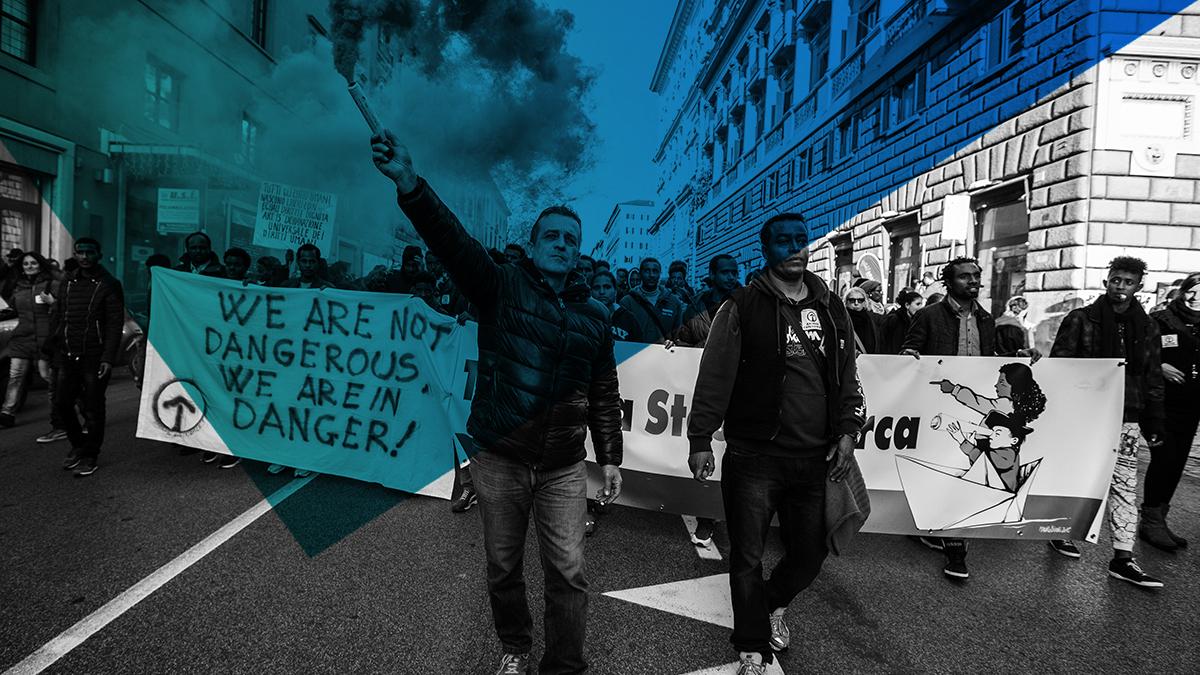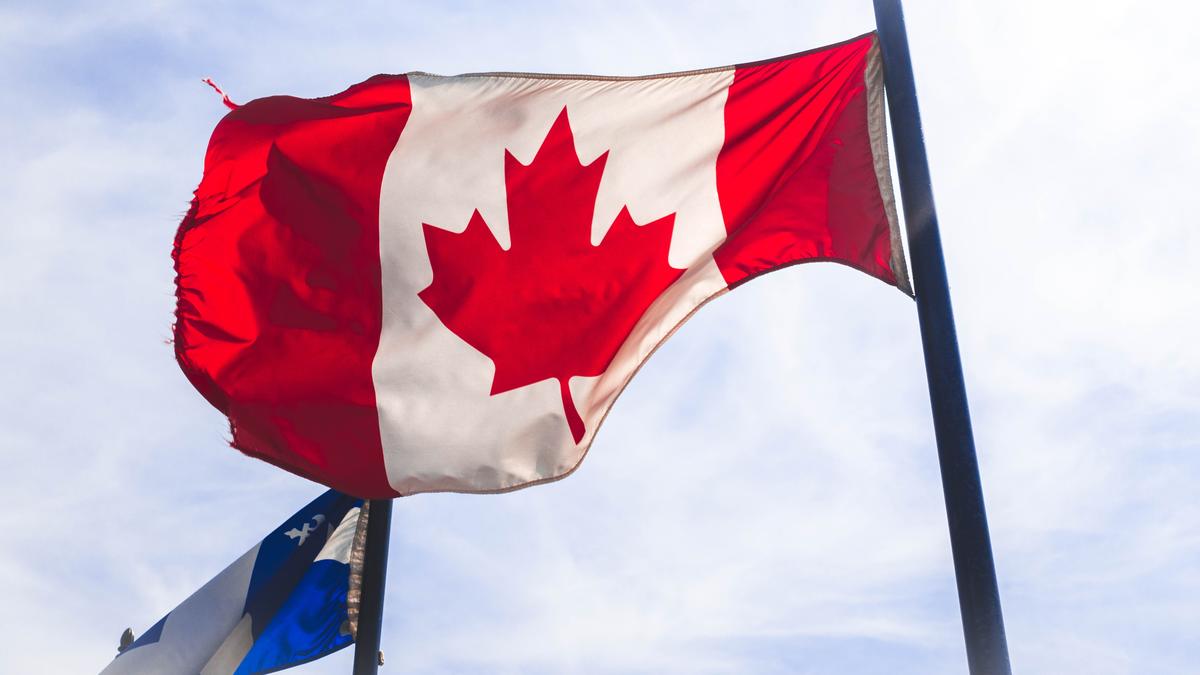The United Arab Emirates continues to build on high levels of trust, topping the 2017 Edelman Trust Barometer as the world’s most trusting country in government among informed publics, as the UAE’s leadership presses on with ambitious investment development plans in tandem with a broad economic diversification strategy that charts the post-oil future of the country.
Topping trust among the top
Eight-seven percent of informed publics polled expressed a high level of trust in the government – the greatest among the 28 countries polled. Among the general population, the UAE was tied with India as the world’s second most trusting in government, with 75 percent expressing high levels of trust. However, while general population trust remains high, it did decrease from 2016 and lags informed public trust, suggesting that more could be done to ensure the government’s vision is reaching and understood by all audiences.
As the region faces the macroeconomic impact of low oil prices, the impetus increases to demonstrate what the government is doing to protect the future and grow the economy. In 2016, the UAE government launched major initiatives in education, innovation and entrepreneurship, and in parallel, as part of its forward-looking strategy of engaging youth and promoting pluralism, the UAE leadership reshuffled the federal cabinet to introduce Ministers of Youth, Tolerance and Happiness. Interpreting the survey results indicates that while the intentions behind these long-term initiatives have reached informed publics, the general population is likely more focused on the short-term impact of economic pressures.
Trust in a Year of Giving
As the UAE embarks on 2017 as a Year of Giving as declared by President His Highness Sheikh Khalifa bin Zayed Al Nahyan, non-governmental organizations (NGOs) are trusted more in the UAE than the global average, especially among informed publics, 75 percent of whom gave NGOs a high trust ranking, compared to the global average of 67 percent among this population. Trust in NGOs among the general population was at 55 percent, on par with the global average of 53 percent. This indicates further work needs to be done in reaching the general population to convey the UAE’s leading role in the world on charitable causes, with one of the world’s highest contributions to humanitarian efforts and one of the world’s largest commitments to the six-year Syrian crisis per capita.
UAE trust in media drops
Despite the progress and milestones, challenges remain. The UAE’s ability to reach the general population will require continued engagement, as there was a noticeable drop in trust in the media among UAE general population. Trust in the media dropped 15 points to 44 percent of the general population having high levels of trust. Similar drops were seen across traditional, social, online and owned media. This represents the largest drop in trust of an institution in any country surveyed this year. It brings the UAE to par with the global average of trust in media (43 percent), which also fell significantly, by five points this year.
Trust in media held relatively steady among informed publics. Owned media (company websites) were the least trusted media sources among all survey respondents (44 percent trusted by general population
and 58 percent by informed publics), and experienced the largest drops among media types this year (13- and 10-point drops respectively).
The rapid growth of social media adoption in the UAE and Middle East underscores the need for authenticity in a world of fake news and highly paid social media “influencers,” who were criticized in the UAE in 2016. Trust in social media in the UAE dipped slightly among informed publics, but dropped substantially among the general population, bringing trust in social media closer to global averages.
To the informed public, CEOs seen as less credible than bloggers
The survey measured the credibility of 15 different sources of information about companies, from bloggers to engineers to “a person like me.” In the UAE in 2017, trust in CEOs as spokespeople decreased substantially. CEO credibility in the eyes of informed publics dropped to 54 percent (-18) and dropped to 55 percent (-12) among the general population. Even then, the trust level still exceeds global averages, but should be a point of concern in a year that promises substantial executive transition with one of the world’s largest mergers between Mubadala Development Company and International Petroleum Investment Corporation as well as the region’s largest bank merger between National Bank of Abu Dhabi and First Gulf Bank.
The most credible sources in the UAE among general population continued to be academics and technical experts such as engineers or scientists.
Bloggers, meanwhile, as sources of company information, gained 15 points this year, moving up to 58 percent credibility among informed publics. This shows that UAE trust in bloggers exceeds the global average by 33 points, and makes bloggers more credible in the UAE than CEOs, according to informed public perception. The move suggests that moving forward in 2017, as general population opinion catches up to informed publics, bloggers will likely be increasingly seen as credible corporate messengers.
Financial services industry boosts trust
The technology industry led in general population trust from among the 15 industries tracked in the survey, followed by the transportation and education industries. The biggest gain year-on-year among all the industries was trust in the food and beverage industry, which rose 15 points to 87 percent of informed public respondents trusting the industry to “do what is right.”
Financial services, the least trusted industry globally, climbed 13 points in the UAE among informed publics to 82 percent. Along with the energy industry, this is one area where UAE trust exceeds the global averages by the widest margins, followed closely by the transportation, automotive and telecommunications industries. A strong regulatory environment underpinned by the leadership of the Central Bank and progressive monetary and fiscal policies have brought resilience to the financial services sector and wider economy, providing a boon to consumer confidence and encouragement to budding entrepreneurs as well as small- and medium-sized enterprises. This comes on the back of legislation enacted by the UAE that facilitates access to capital through accelerator platforms and venture capital funds. Confidence could rise further in light of the recent cuts in production that have seen oil prices rally from a two-year slump. As the economy continues to expand and uncertainty over issues like Brexit dissipate, some activity may also return to capital markets with several companies from health, retail and financial services going public.
Tod Donhauser is CEO, Edelman United Arab Emirates.






